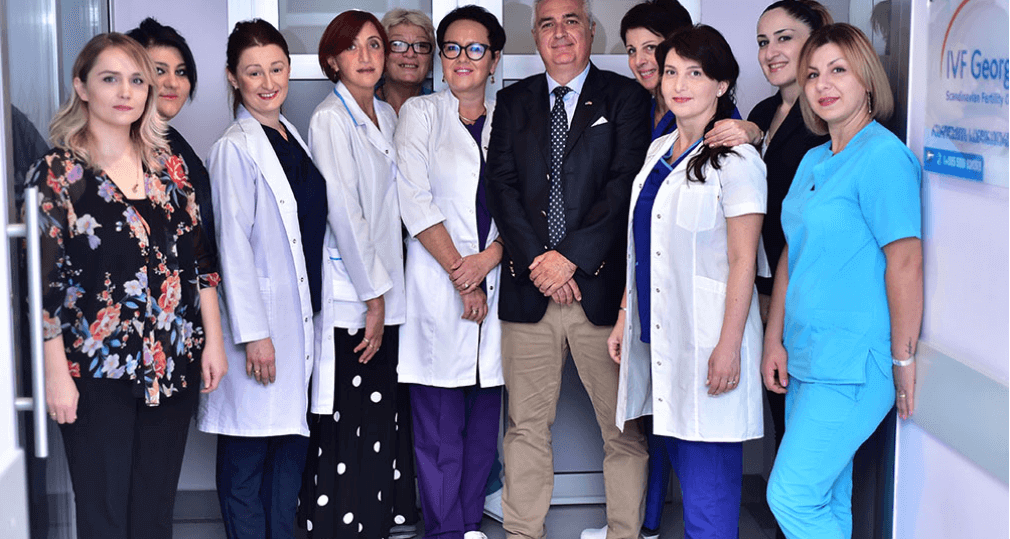Frequently Asked Questions

How effective is the method of in-vitro fertilization?
Determinative factors of the effectiveness of in-vitro fertilization are the woman’s age, ovary reserve and the reason causing infertility. The effectiveness index varies from 10% to 65% according to age, and the success index reaches 80% by involving of the donor or surrogate in the treatment of in-vitro fertilization, if needed.
Do children born with the in-vitro fertilization / intracytoplasmic sperm injection differ from children born as a result of spontaneous pregnancy?
Numerous studies have shown that there is no significant difference in the incidence of congenital pathologies in children born by in-vitro fertilization, compared to those born as a result of spontaneous pregnancies.
What kind of complications can be caused by in-vitro fertilization treatment?
The most common complication of in-vitro fertilization is ovarian hyperstimulation. This condition is caused by the increase in vascular permeability and fluid flow to the so called “third space”- abdominal cavity, lungs, pericardium and by blood clotting disorders. Controlled Ovarian Hyperstimulation is needed for obtaining a great number of eggs, is a deliberate change of physiological ovulation during which one egg matures. Complications requiring surgical intervention are quite rare - 0.2-1.1%. They include: bleeding, injure of small pelvic organs, ovary invasion or apoplexy (rupture).
Does hydrosalpinx (accumulation of fluid caused by infection in the fallopian tube) affect the results of in-vitro fertilization?
Hydrosalpinx has a negative effect on the outcome of in-vitro fertilization, namely reduction in pregnancy by 50%. It may have toxic or mechanical effects on the embryos transferred into the uterus. That’s why we recommend to the patients with this diagnosis to remove uterus problematic tube by laparoscopy before the treatment.
What day of in-vitro fertilization procedure does the pregnancy period start from?
In the case of spontaneous pregnancy, the obstetric gestational age starts from the first day of period. During pregnancy obtained as result of in-vitro fertilization the embryo transfer day or the uterus internal insemination day is considered as two-week pregnancy.
What is the impact of ovarian hypersensitivity on the ovarian state?
Studies available in scientific literature do not confirm either the trend of growth of malignant ovarian tumors, or other adverse impacts on the reproductive system.